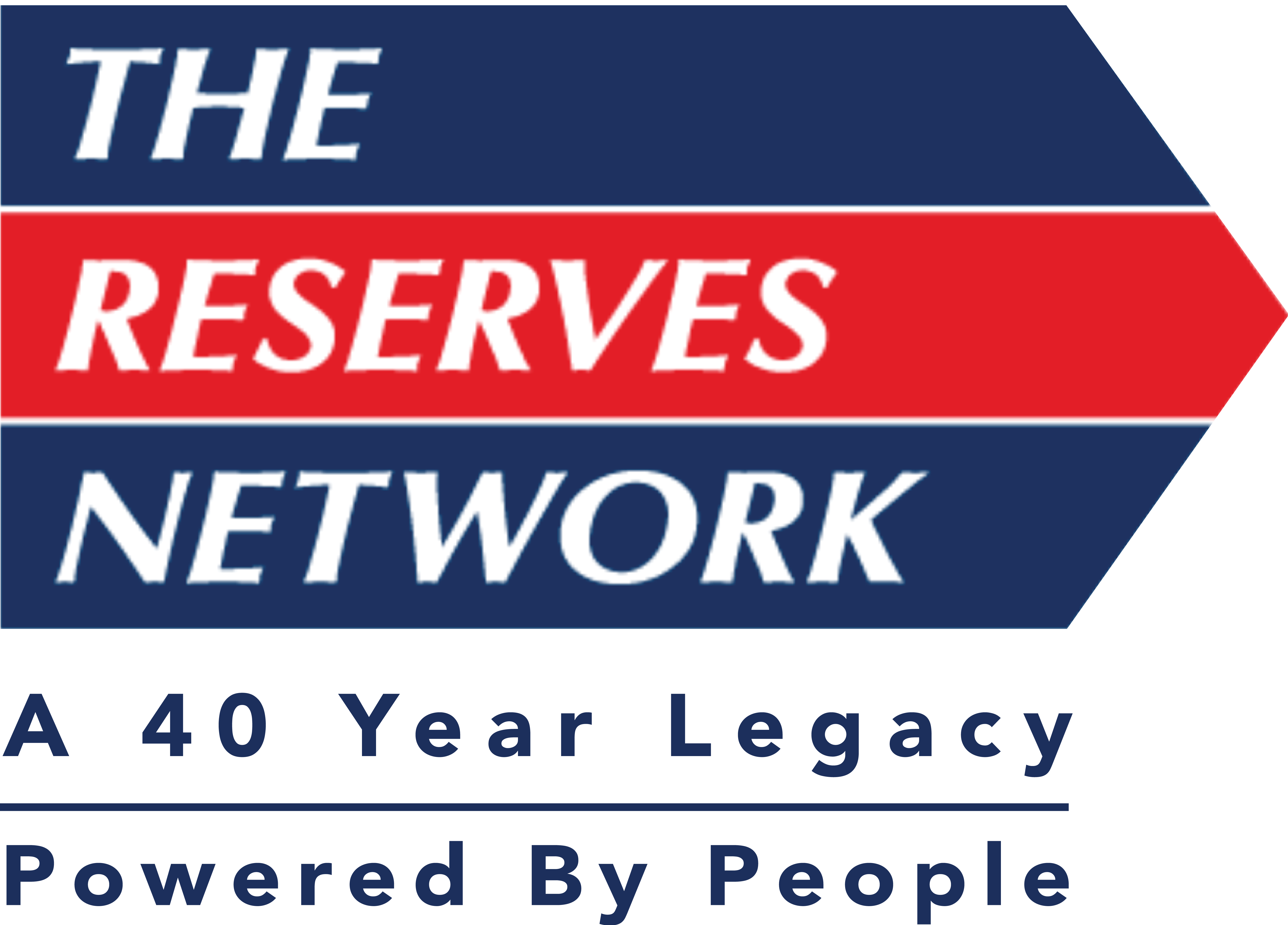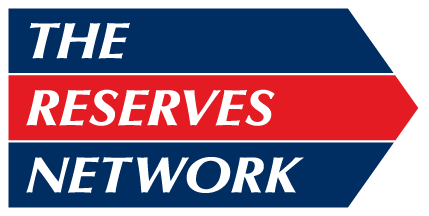5 Pointers for Using Keywords in Your Resume
Optimizing your resume with keywords relevant to your skills and experience makes it easier for hiring managers to find, analyze and categorize your profile and how you may fit in with a role. More importantly, resume keywords are essential for applicant tracking systems (ATS)—software systems that scan through hundreds of resumes, automatically detecting keywords and sorting resumes according to relevance to a role, qualification and/or credential.
And that’s exactly what keywords are.
“Keywords are essentially the skills, expertise, credentials, and qualifications that every hiring manager looks for in a potential candidate,” said John Bengal, Vice President of Strategic Business Expansion at The Reserves Network.
By integrating keywords in your resume and even your cover letter, both the hiring manager and the ATS can quickly see whether or not you match the requirements of an open position.
So, how exactly do you know which keywords to use?
-
Be Specific
Choose keywords that are closely related to the position you’re applying for. For example, if the position is for a digital marketing manager, include relevant keywords like search engine optimization, pay per click marketing, copywriting, press release writing, public relations and social media marketing. These keywords and phrases are the core competencies of any digital marketing professional.
-
Do NOT Use a Keyword That’s Not Actually Your Skill
Don’t embed keywords in your resume just for the sake of doing so. Even if an ATS were to see your resume as a suitable match, the ease of background and reference checking today means that the smallest embellishment can be verified. If you do this, don’t be surprised if your name gets blacklisted right away.
-
Include Soft Skills Too
Aside from your core competencies, don’t be afraid to mix things up by adding keywords related to your soft skills. These include communication, interpersonal, management, organizational and research skills. Although you might think that hiring managers only care about technical skills, these auxiliary keywords help you stand out as a well-rounded candidate.
-
Put Keywords Everywhere
For maximum exposure, embed your keywords wherever relevant – this includes your objective section as well as your relevant work experience, skills, training, certifications and referrals sections.
-
Don’t Over-Optimize Your Resume
Embedding more keywords in your resume isn’t the trick to optimizing it for ATS software. Remember, your resume will also be read by real people, so you should only use keywords when appropriate. Make sure your keywords don’t affect the document’s readability.
Here’s the bottom line: keywords that are relevant to your skills, job experience and credentials help make your resume more relevant to the people and software that accept them. Exercise caution and use keywords only when it makes sense. For more resume writing tips and tricks, talk to the staffing services experts of The Reserves Network. Call our offices to learn more about our recruitment solutions.



